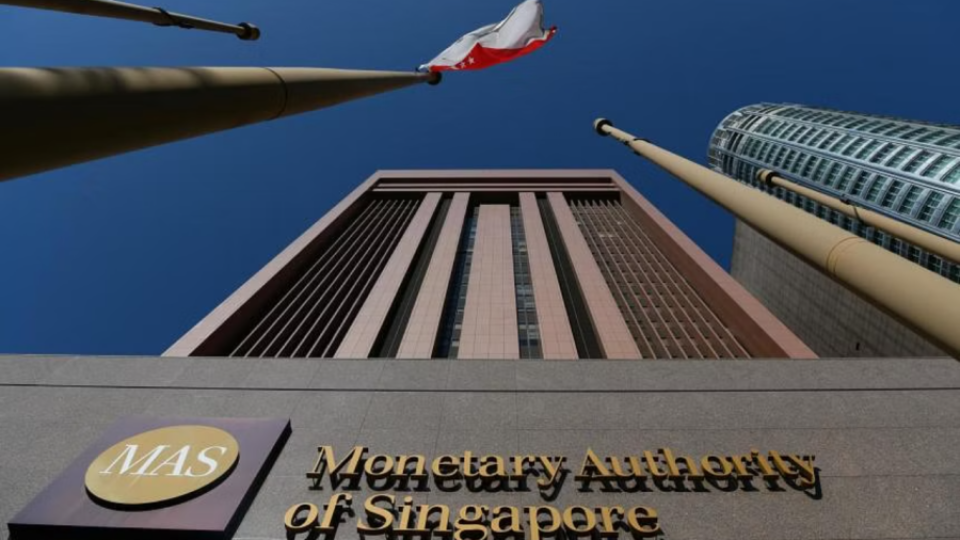July 4, 2023
SINGAPORE – Singapore’s regulator has unveiled new measures that will ring-fence Singapore customers’ assets in a move that is meant to avoid a repeat of the huge losses that occurred when cryptocurrency firms went bust.
Digital asset firms licensed in Singapore not only have to segregate customers’ assets from their own, but also hold them on trust, said the Monetary Authority of Singapore (MAS) on Monday. It includes keeping customers’ assets on a separate set of blockchain addresses from those containing the firm’s own assets.
Under the new rules that are expected to kick in later this year, digital payment token (DPT) firms will have to conduct daily reconciliation of customers’ assets, keep proper records, as well as maintain access and operational controls of customers’ DPTs in Singapore.
MAS said it would allow a DPT firm to deposit a customer’s assets in a trust account, and that the assets have to be safeguarded with financial institutions in Singapore, in order to facilitate the recovery of monies in the event of a firm’s insolvency.
Given the limited number of established independent third-party custodians now, MAS said it would not mandate the use of independent custodians for customer assets for now.
But the firms will have to ensure that the custody function is operationally independent of other business units. A custodian in finance is a specific entity that holds customers’ assets for safekeeping.
Licensed crypto companies will have to provide clear disclosures to customers on the risks involved in having their assets held by the service provider.
MAS would restrict DPT service providers from facilitating lending or staking of their retail customers’ tokens, as these activities are generally not suitable for retail public. But firms can continue to provide such activities for their institutional and accredited investors.
Staking is the process of locking up users’ digital tokens for a certain period to validate transactions on the blockchain, in order for them to get more tokens as a reward. Lending refers to the process in which crypto companies like exchanges lend tokens to other firms in the sector to earn large amounts of interest.
The regulator said the new measures had received broad support and come after its public consultation in October 2022, when it had asked for feedback as the regulator sought to put in place safeguards for retail investors. It is now seeking public feedback on the draft legislative amendments to the Payment Services Regulations here to put these requirements into effect by October or so.
Separately, MAS on Monday issued a consultation paper proposing requirements for DPT firms to address unfair trading practices, following last year’s public consultation.
Ms Grace Chong, regulatory lead at the Association of Cryptocurrency Enterprises and Start-ups, said entities will put in place policies and procedures to enhance their IT resilience and maintain their regular operations with the new rules. This would improve the overall quality of Singapore’s digital asset ecosystem, she said.
She added that DPT firms will soon be expected to enhance their efforts in mitigating unfair trading practices on their platforms, similar to how it is in traditional finance. “This would entail more transparent trading rules governing exchanges and increased monitoring of trading activities by DPT service providers to combat against market manipulation, misleading conduct and insider trading, for example.”
Describing the new rules as “a huge step forward”, Mr Lasanka Perera, chief executive of exchange Independent Reserve Singapore, said the new measures will “inspire greater confidence from the corporate and institutional sectors with interest in this space”. He added that some crypto players may have to restructure parts of their businesses or operations in order to comply.
Ms Angela Ang, a senior policy adviser for blockchain intelligence firm TRM Labs, said MAS’ decision to move ahead with the rules on customer asset segregation and custody – even as it deliberates other consumer access measures – shows how urgent those rules are, especially in the light of 2022’s high-profile failures in the industry.
She noted that the new measures are in line with other jurisdictions such as Hong Kong, but said Singapore’s version offers crypto businesses more flexibility in some key areas.
“For example, Singapore crypto businesses will only be required to hold 90 per cent of customer crypto in cold wallets, compared to Hong Kong’s 98 per cent minimum, which is the highest in the world, followed by Japan’s 95 per cent,” said Ms Ang.
Cold wallets, which are not connected to the Internet, are less vulnerable to online hacking and even internal fraud attempts, she noted, adding that they tend to be more expensive than hot wallets, or crypto wallets that are linked to the Internet.
“More than that, regulatory requirements like Hong Kong’s that require use of onshore cold wallets can be difficult to fulfil as most players rely on global custodians.”


